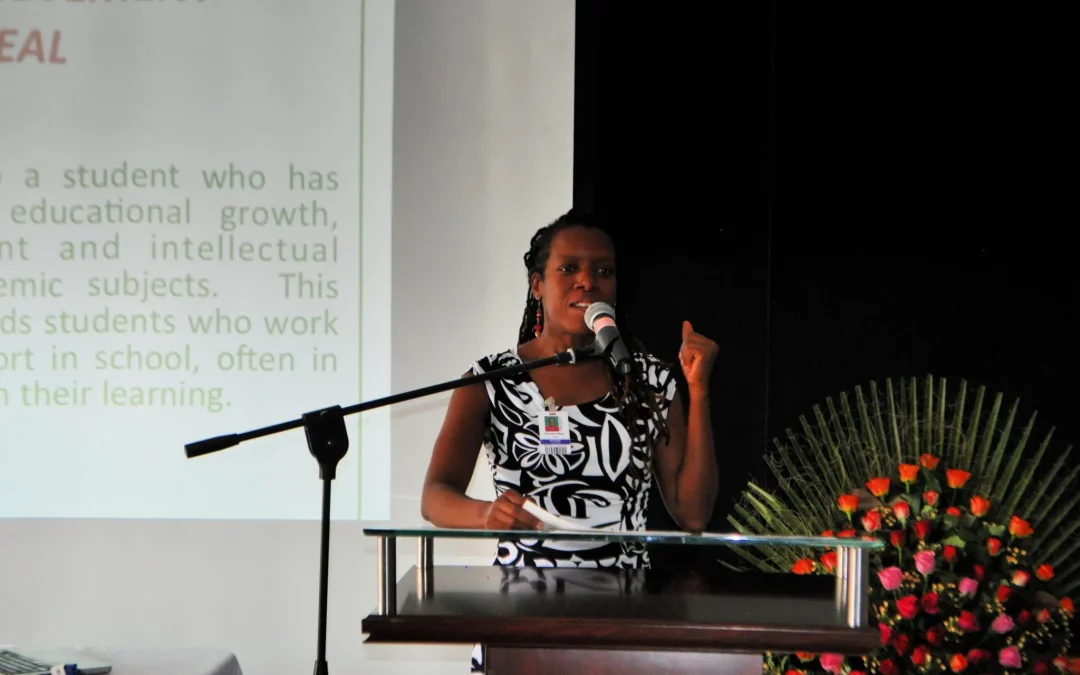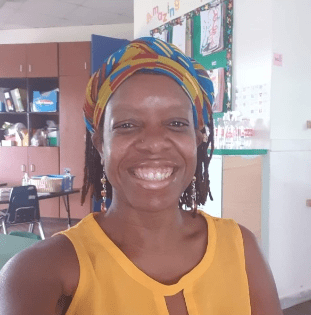
Featured Voices: Cheryl-Ann Weekes
ISS has been a nonprofit leader in the international education field for over 60 years. During this time, we’ve had the great pleasure of working with some incredible teachers, leaders, and other school staff. As we continue our mission to positively impact international education, we’ve teamed up with some incredible educators to discuss issues such as diversity, equity, inclusion, and justice within international schools. For more information on our commitment to amplifying diverse voices and stories within the international education field check out our DEIJ Commitment. Today, we were fortunate enough to sit down with Cheryl-Ann Weekes, M.Ed. and chat about Cheryl-Ann’s journey in international education.
Cheryl-Ann Weekes, M.Ed. is an international counselor with a specialty in mental health and consent. After working in the United States for over a decade, Cheryl-Ann began the journey into international education beginning in 2010. Since then, her career has spanned over numerous countries and introduced Cheryl-Ann to many new and incredible cultures. At this point, she has traveled to 44 different countries. So, let’s dive on in and see the world through the lens of Cheryl-Ann!
What initially made you want to pursue a career in counseling?
I became a Counselor because I wanted to help young people pursue their dreams, think beyond their current experience, and create a life that is different from what they see in their immediate surroundings. I grew up in an inner city neighborhood that was often plagued with violence but school was a safe space for me. The adults there nurtured me and made me feel seen and valued. I wanted to do the same for young people the way my own school counselor, administrators and teachers did for me. A friend was murdered when I was in university studying Business by teenagers and I wanted to do something to impact my community by working with teenagers. I chose to go straight to Graduate school and get a degree in Counseling. I believed my impact in schools would be greater than in community programs.
Your work has a focus on mental health, consent, and the setting of boundaries. Why are these topics so important to your mission and is there any advice that you would offer to somebody who may not be as familiar with these topics?
For me, these topics are connected to the essence of who we are and how we move through the world. I believe that better understanding of them allows us to become better and to live more balanced, healthy lives. My advice to someone who has not given these topics much thought would be to examine and reconsider the way we sacrifice our own well being and often ignore our intuition for money, jobs, titles, prestige, to impress others and feel important. I believe that if we take a closer look at our choices and listen to our intuition we may change the things we prioritize and focus more on being true to who we are even if that means setting better boundaries with the people we care about.
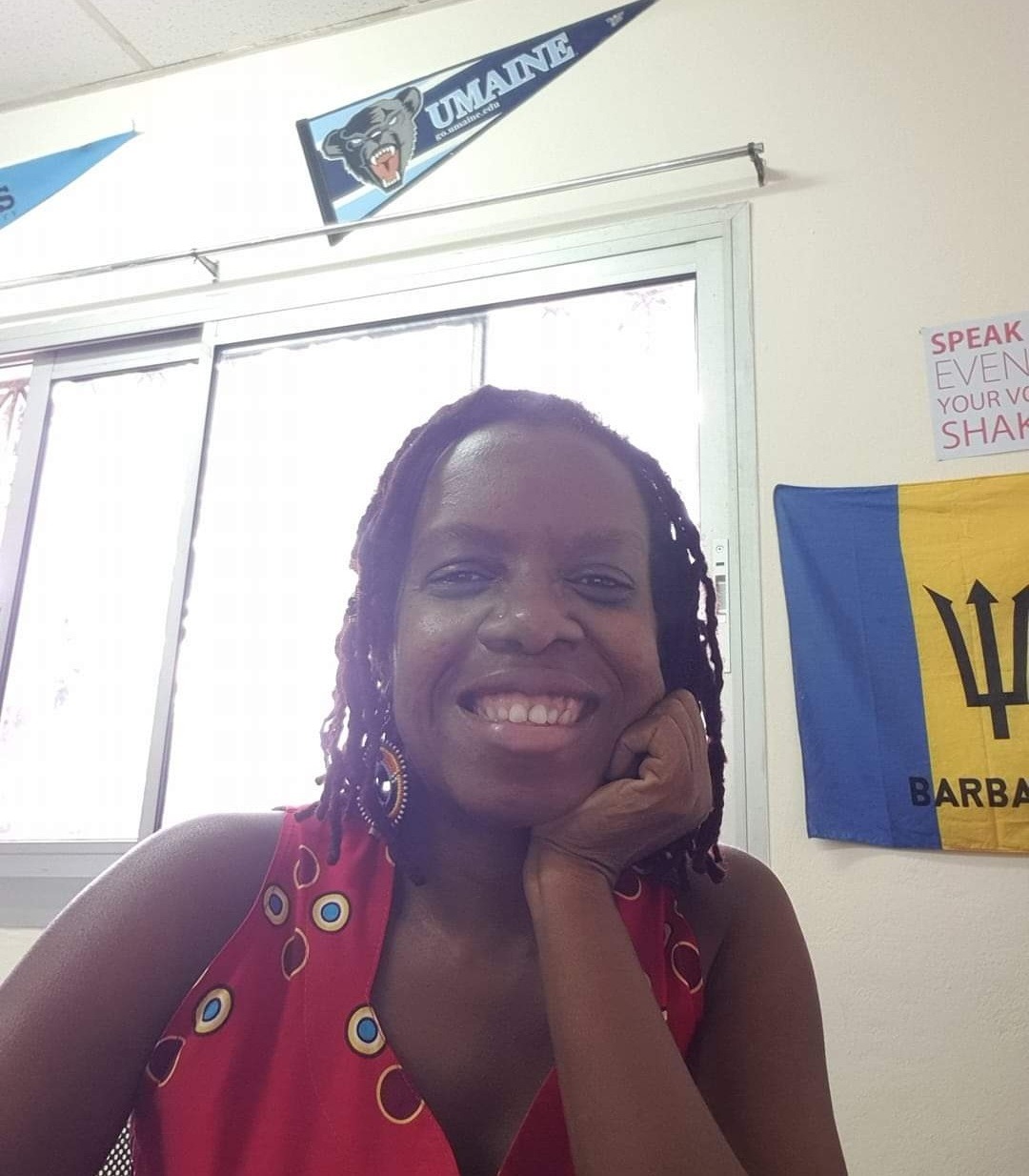
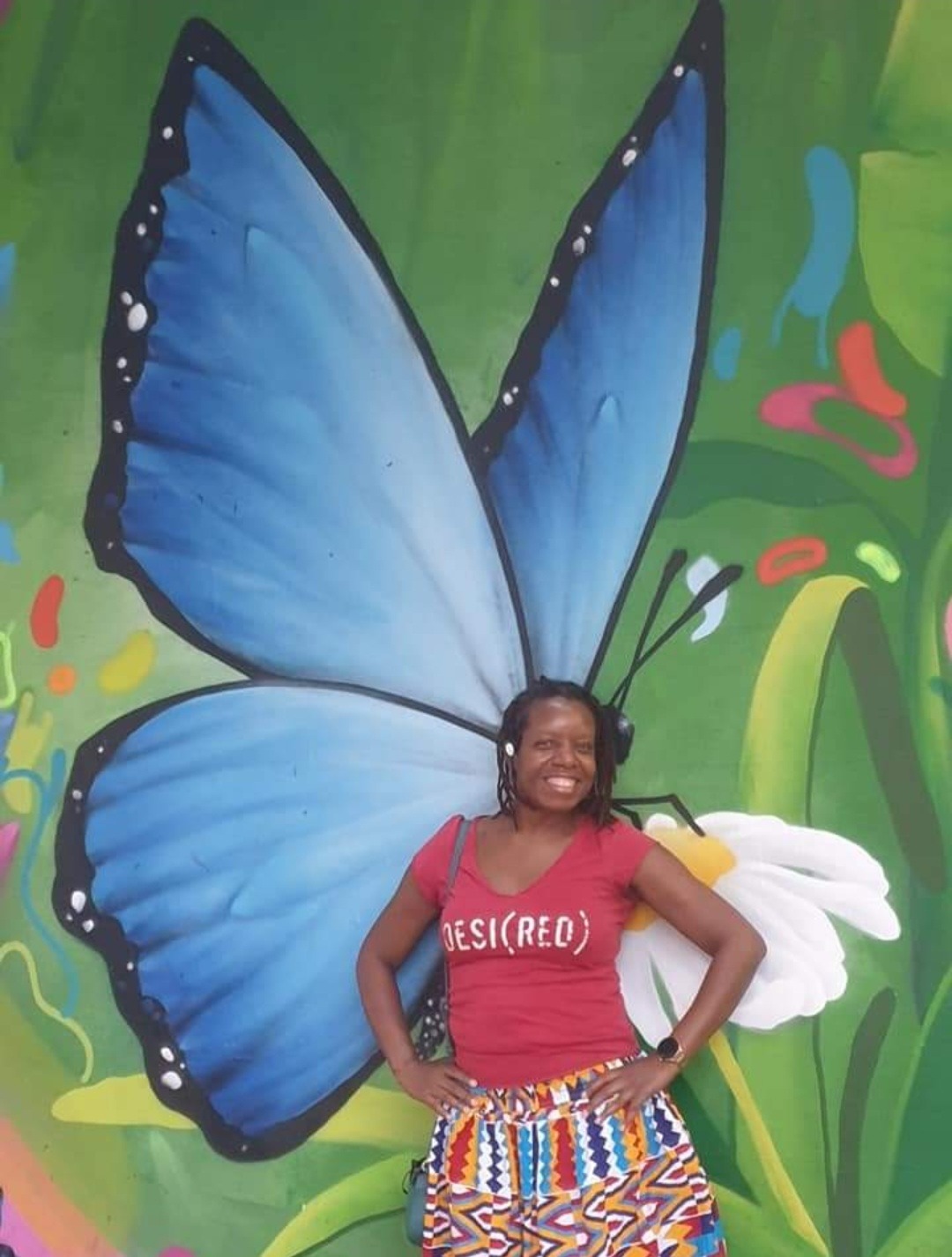
Starting in 2010, you made the jump to international schools. What inspired that leap?
I was working in a DC Public Charter school and I was frustrated and burning out because of the caseload, the expectations and the limited work life balance. I wanted to seek a change and rejuvenate my interest in counseling. Initially I chose the Dominican Republic because it was close to the U.S. and I only planned to stay for a year. What happened in that first year is that I found a way to have a better work life balance and experienced more autonomy in my job in the DR. I enjoyed working in a school with more resources and the freedom to create mental health lessons through Advisory. I felt supported and valued by my administrators and I enjoyed learning a new culture. After I decided to stay another year in the DR, I accepted a job in Jamaica and the rest is history. I realized I could combine my work as School Counselor with my desire to travel, something I had been putting off because I couldn’t afford it. 11 years later I still enjoy working in international education, the freedom it gives me professionally and the ability to travel during my breaks. I have lived in six countries and I am looking for the right fit of school and country. I don’t stay in schools where I don’t feel safe or valued.
Can you share with us some of your experiences teaching internationally? Were there any things that caught you off guard at first or any lessons / advice that you may have for first time international educators?
As a result of my international journey, I learned to prioritize balance, to take time to eat away from my desk. To be myself out loud and not make myself small. I learned to celebrate my wins and be playful. I learned to speak up and correct people when they make assumptions about who I am because I am an introvert.
Things that caught me off guard:
- That while there is focus on student well being, staff well being is often minimized.
- That are still not many administrators of color especially at schools in Africa, that international schools are still saying they can’t find qualified candidates of color for administration positions. I have worked at schools where they were hiring for Principal or Director roles and they were no candidates of color in the finalist pool.
- That in some schools black faculty and staff are perceived as aggressive or resistant for speaking up or disagreeing with policies.
- That introverts like myself are often perceived as unhappy or stand offish. Being an introvert can be hard because if you don’t attend social events(happy hour, parties, etc.) people will make assumptions about who you are and how you feel about your colleagues.
- That sometimes when you speak up for yourself or set boundaries, you may be labeled difficult or not a team player.
- That some schools will hire faculty of color but not create safe spaces where we can be authentic without criticism or biased comments about our way of communication or hairstyles or clothing.
The most extreme personal example of discrimination was when my principal used the “n word” in an assembly at the end of my first year. When I wrote him an email telling him how it made me feel, initially he apologized. Then when we met in person he turned the conversation around on me to tell me that I was inflexible and he didn’t like the fact that I told him he shouldn’t say that word as a white man. Needless to say the conversation didn’t end well. After that experience he became difficult to work with; at the beginning of the second year when I requested a reference, he gave me a lukewarm reference despite my excellent work and his high praise the first year. I know this because the school that ultimately hired me called me to discuss a concern as a result of something he said in my reference that was that was misleading.
My advice for first time international educators is that it will be a great experience and it may also be difficult at times. You will learn so much about yourself and others from living abroad. You will question and rethink some of your own beliefs and habits and your understanding of other cultures. You will grow exponentially as a result of the experience. Always advocate for yourself and students even if it means you have to disagree with your administrators. Set boundaries at work. Speak up when you see injustices happen. Correct people when they say things about you that are not true.
In all of your time living and working internationally, are there any places that stick out among the rest? Any cities or countries that you were able to develop a deeper connection with?
While I didn’t exactly connect with the Dominican Republic, I had a great experience. My principal Adam, who is the opposite of me as a white man from Oregon, and I developed a very close connection during the first year. He is now one of my close friends, someone who I can talk to about anything and he is one of my biggest supporters. I absolutely loved living in Jamaica, it reminded of all the things I loved about living in Barbados and stateside. Jamaica has a wonderful culture, nice beaches, Caribbean food, plays, concerts, dance recitals, and soca parties. The school has a dance studio on campus and the art and drama teachers created some amazing presentations of student artistry. If the administration hadn’t changed the second year and changed the counselor position to K-12, I would have stayed longer in Jamaica. I was happy and fulfilled there. When I moved to the Ivory Coast, I initially felt like I would be happy and fulfilled there. Professionally it was the best fit for me because the principal supported and valued my opinion and gave me the freedom to implement mental health lessons. I enjoyed the people I worked with, the culture, the foods, and the ability to travel around West Africa. However the reason I left was because of the constant housing issues that affected my health. The GSO and Director minimized the poor state of housing, and maintenance issues often took several weeks to resolve. Because of the constant mold issues in both of my apartments I am still feeling the health affects of the time spent in Abidjan.
You currently offer some exciting workshops. What can attendees expect to get out of these workshops?
This year I started a consulting business called Weekes Enterprise, LLC to provide workshops for educators, students and parents around mental health, consent, boundaries and positive self talk. Although the workshops are very different the experience in each workshop focuses on helping others to rethink what we believe and how we move through the world.
Participants should expect to discuss:
Boundaries – The importance of personal and professional boundaries, why it is difficult to set them and what to do when our boundaries are breached,
Consent – How to discuss consent with students, the parameters of consent students needs to understand, the intersection with culture, flirting, sexting and how these discussions can affect school culture
Mental Health – The importance of paying attention to our mental health, the difference between Stress vs. anxiety, how to develop and maintain resilience and different types of coping strategies for mental health challenges.
Positive self talk- to highlight the importance of how we think and speak about ourselves and the benefits of positive thinking.
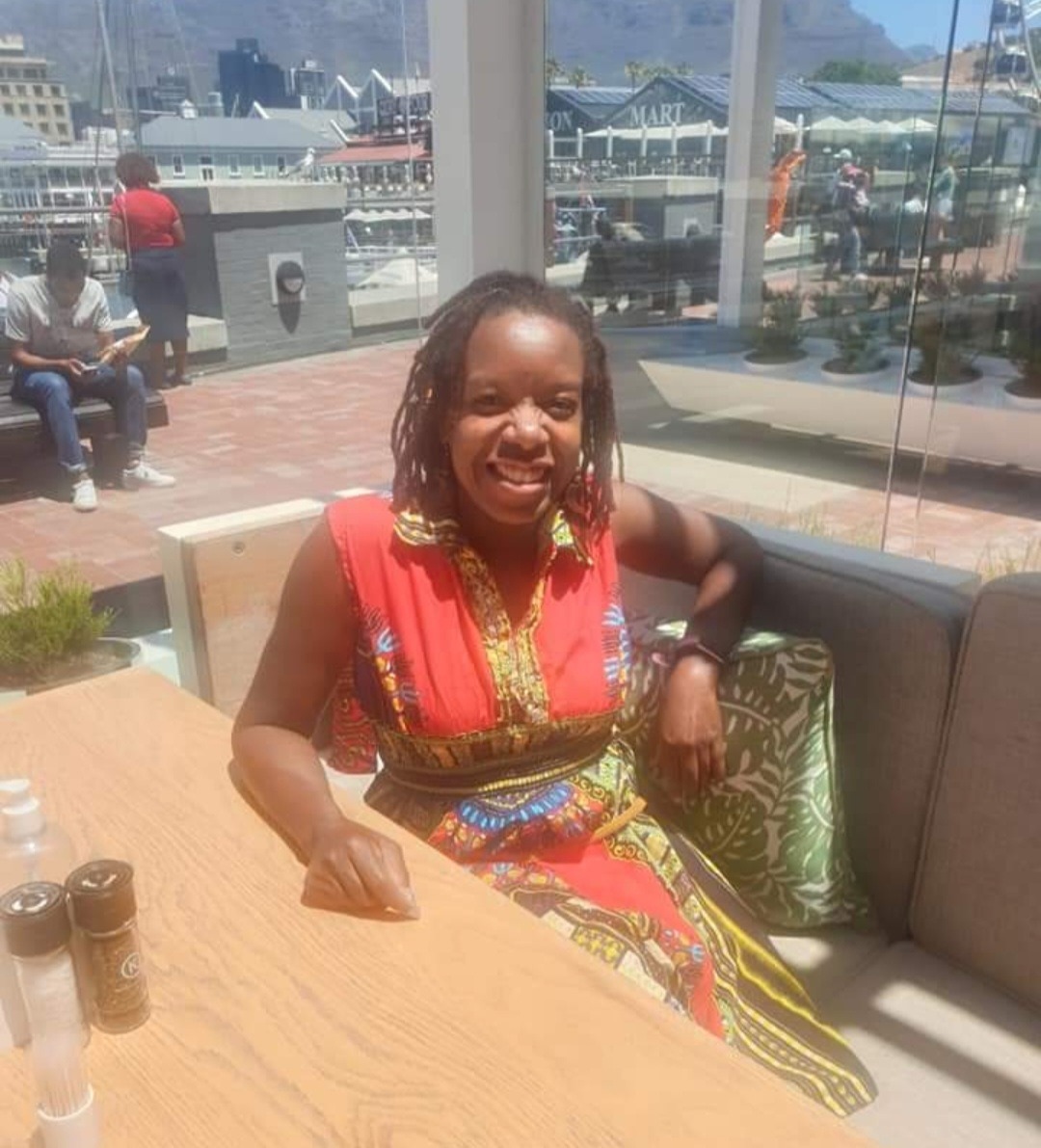
As a nonprofit, ISS strives to create impactful change in international education. While a lot of this focus happens in actual classrooms, we also share a mission to get the voices of international educators seen and heard so that our entire community can learn and grow from understanding differing perspectives. How important do you think it is to amplify the voices of international educators and what message(s) would you like to share with the greater international education community?
It is extremely important to amplify the voices of international educators especially those of us of color because often we are ignored, minimized or misunderstood. I had a conversation with my administrator and I was asked if I was happy at my job. This to me is such a loaded question because I had been voicing some concerns about issues and work life balance and it was obviously misconstrued. I told the principal that I speak up because I am giving the administration the opportunity to see how decisions affect us as counselors and hoping that they will make changes. These types of experiences reminded me of the need to amplify our voices so that speaking up is welcomed, valued and appreciated. AIELOC has been so indispensable to me because Kevin Simpson created a safe space for us to gather, speak up, question, collaborate, learn, heal and contribute to the discourse about international schools. This group helped us to be seen and sought out by CIS, ISS, TIEOnline and other international groups so that our voices and experiences could be shared with the international community and this also resulted in some important changes and new understandings.
My message to the administrators and gate keepers of the international community is to continue asking for feedback from your international educators of color, understand that our perspectives and experiences are different from the majority, don’t minimize our experiences, be open to really hearing our concerns and focus on creating safe spaces for us to not only just speak up but to thrive personally and professionally.
What has your experience with diversity and inclusion looked like throughout your career in international education? Are there any areas that you feel need to be talked about and developed further? Are there any positive changes that you’ve noticed over the years?
Positive changes I have noticed in the last 10 years is that diversity and inclusion conversations are happening in some schools, policies are being created, DEIJ trainings are occurring and coordinator/director positons are being created. However this is only happening in a small number of schools. The next step is to educate and train the community so that they can change harmful behaviors. Some schools are doing a great job in recruiting and hiring international educators of color but they need to go the next step by having these important conversations so they can learn and become better places to work.
There is so much that needs to change as it relates to diversity and inclusion in the international education arena. A lot of schools talk the talk by posting mission statements but they don’t create safe spaces for those of us who are different. There is a lot of anti-Black, anti-Asian, anti-LGBTQ+ practices out there in international schools and the administrators need to be more aware in order to dismantle these practices. The international community also needs to be intentional about creating opportunities for international educators of color to move into administration for those of us who have that desire.
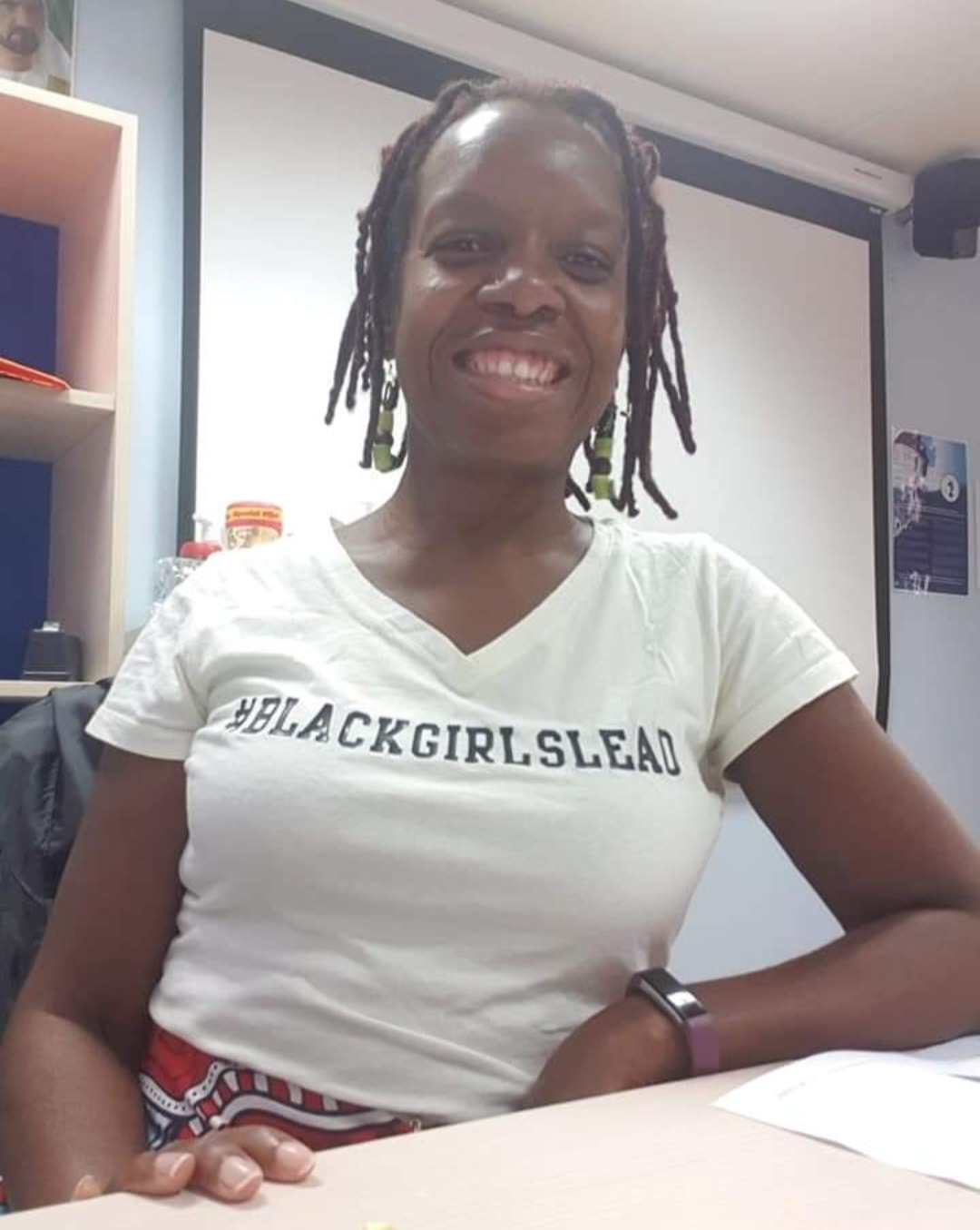
Knowing what you now know and having the experiences that you’ve had in life, what message(s) do you have for your younger self?
My message to my younger self is to get out there earlier, I didn’t start my international career until my late 30’s. I would also tell her to go, travel by yourself, it’s not as scary as you think. It’s okay to be different, speak up even if your opinion is unpopular, don’t try so hard to make yourself smaller so that people don’t judge you. Choose to create a life based on your own desires despite what others think or expect from you.
Okay, let’s finish with some rapid fire questions…favorite city that you’ve ever been to?
Cape Town and Accra
Favorite food that you’ve had in your travels?
Coconut ginger ice-cream in Cabo Verde, Lion fish in Jamaica
Favorite book?
Redemption Song by Bertice Berry
And finally, where’s the next place that you’d love to travel?
Bora Bora because I love nice beaches







